OK, so you’ve seen this before – “many, many times before” – and you certainly can expect to see it again. It’s the age-old debate of whether or not businesses should invest the majority of their online marketing budget toward search engine optimization, pay per click or both.
Small businesses understand the fundamental challenges that go hand in hand with SEO, the ever-changing Google algorithms, and the threat of Penguins and Pandas chomping down on your site,” affecting your rankings and, as a result, the livelihood of your business. Meanwhile, PPC poses as the “quick fix” for a company, right, with measured results right at your fingertips?
According to Larry Kim of Wordstream.com, there are some in the SEO community that believe PPC is an “addiction in the marketing world,” others that believe PPC is more of a useful tool to help better your SEO initiative, as well as others that believe SEO and PPC work best together.
“In the end, isn’t PPC just becoming an easier, more prominent, and more effective form of inbound marketing? And if so, why not embrace it with both arms open,” Kim wrote. “And isn’t this better than worrying about what zoo creature Google will unleash upon us next?”
While Kim is a strong believer in PPC being the end-all-be-all for small business online, companies have and continue to utilize SEO, PPC or a mixture of both, depending on the long- and short-term goals of a business.
With a little help from marketing specialist Gary J. Nix of Blue Fountain Media, as well as Craig Kilgore, an inbound marketing manager at Mainstreethost, this post will attempt to put to rest some of the common misconceptions regarding SEO and PPC, and offer small business owners a bit of expert advice when it comes to their online marketing initiatives.
The Death of SEO or PPC …?
First things first: is SEO or PPC dead? It seems no matter where you look, or what topic you are searching, something is either dead or dying. Kim’s Wordstream research suggests that PPC is the way to go. Google ads account for 64.6 percent of clicks for “high commercial intent keyword searches.” That’s nearly two-thirds of all product-buying clicks going to sponsored, paid results.
“I think I’ve read at least one article in regards to every area of digital marketing, and if I were to believe the titles, everything would be dead,” Nix said. “Nothing is dying. Things tend to change, many times for the better. But no tactic in digital marketing is dead.”
Furthermore, any clever marketer will find the appropriate and effective way to reach their audiences, whether it’s through SEO or PPC, Kilgore said.
“Technologies constantly evolve and areas in which we can market are always growing,” Kilgore said. “I doubt that we will ever see Google and Bing require every site to be a paid listing, so until that time comes, SEO isn’t going anywhere, “and vice versa.”
Avoid Those Darned Google Creatures
Google’s latest Penguin update brought the hammer down on websites, including legitimate websites, fairly hard. The update targeted websites that were “over-optimized,” or those that have employed and benefited from black hat SEO tactics.
Courtesy of Mike Biondo, Mainstreethost
Would it be more beneficial for small business owners to allocate the majority of their marketing budget to PPC, as opposed to organic, particularly if their site has suffered from these updates?
“First and foremost, if your site has been negatively affected to any extent, you’re going to want to develop a ‘cleanup’ strategy,” Kilgore said.
Regardless if it’s low-quality backlinks or crappy content, if your company isn’t willing to repair the issue at hand and seek a solution by developing higher quality content, “you will continue to find yourself in damage-control mode to where neither SEO nor PPC will be a viable or effective option,” he said.
Take the Right Approach
Of course, if you’re searching for short-term success, allocating your budget toward PPC is the way to go. That short-term value, in addition to valuable, accurate statistics from those ad campaigns, makes PPC worth every penny.
However, what are your business’ goals? Certainly if you’re unsure of the direction your business is going in, it’s exceedingly challenging to plan, execute and measure an SEO or PPC campaign.
“I have an extensive amount of experience dealing with small businesses both on the SEO and PPC side of things,” Kilgore said. “I’m somewhat biased toward SEO, but I strongly feel that when done properly through planning, execution and measurement, SEO is the answer for small business the majority of the time. It’s much more cost-effective – “most of the time” – and provides longer term value.”
Of course, there are multiple factors that decide whether or not PPC or SEO is better for a company, including the type of business and its desired results. Goals, budget, search volume, keyword term costs, keyword term completion, CPC (cost per click) vs. CPM (cost per impression) and landing pages all factor in when determining what the best route is for your business, Nix said.
“Unfortunately, there’s no magic bullet,” Nix said. “You have to look at the business and your strategy and decide from there.”
The Never Ending Debate?
So SEOs and digital marketers continue to vehemently debate which tactic reigns supreme. There are benefits to both, and maximized results will be determined by a number of aforementioned factors.
PPC has instant results, according to Oli Gardner of Unbounce, while SEO’s return on investment will continue to surge long after PPC has peaked. His study suggests that 86 percent of web searchers trust organic listings more than paid ads, while roughly half of web searchers aren’t even aware of the difference between the two.
Courtesy of SEOMoz
But are we closing in on a time where one method is actually the clear-cut choice over the other, 100 percent of the time? Or will they always work hand and hand?
“If there was only one way to do things,” Nix said, “this question would not exist. Generally speaking, because as I say, nothing in marketing is 100 percent, an integrated approach is the one that works best. This holds true for digital marketing techniques, traditional marketing techniques and the numerous permutations for techniques in both approaches.”
“Personally, I wouldn’t even consider it a debate,” Kilgore said. “One approach might work better for Business A and the other might work better for Business B. There will never be a clear-cut choice and I would argue that both SEO and PPC can be executed effectively and simultaneously regardless of the business and the business goals.”

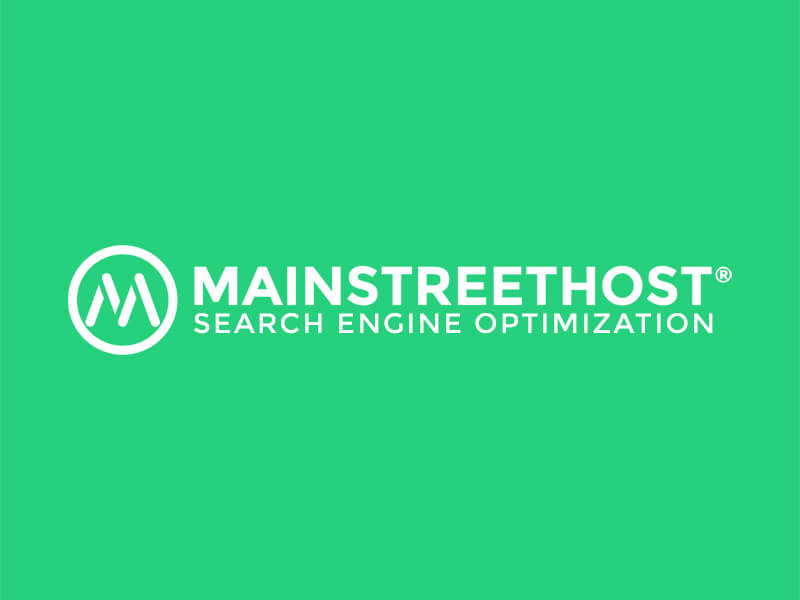
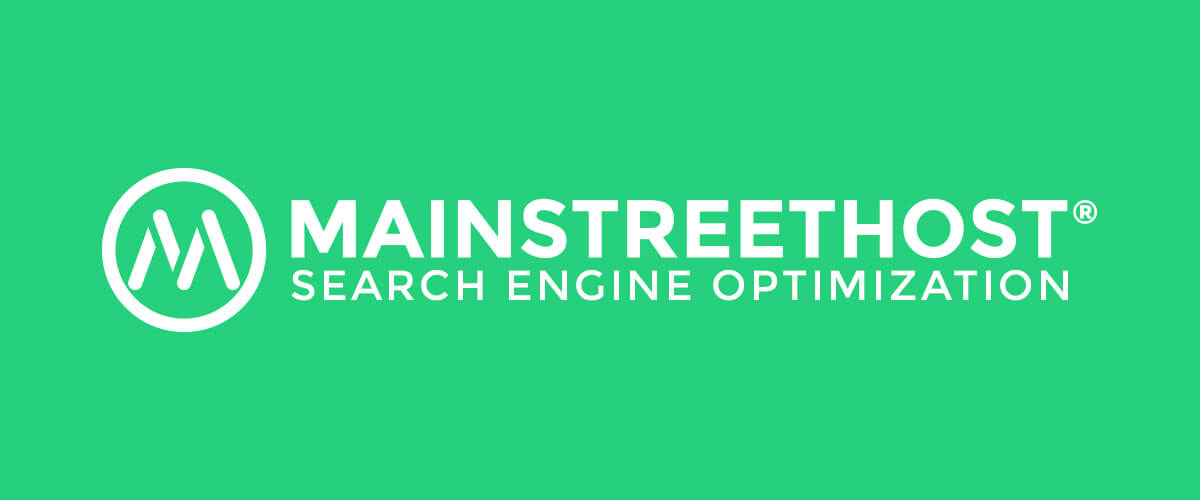
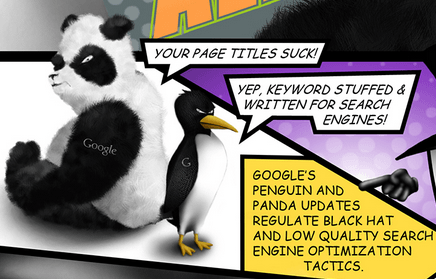
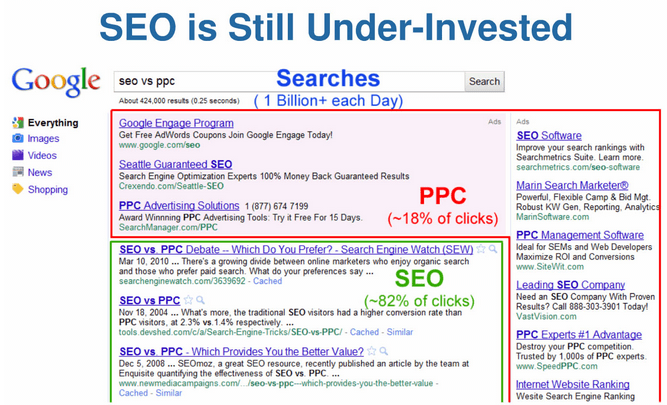
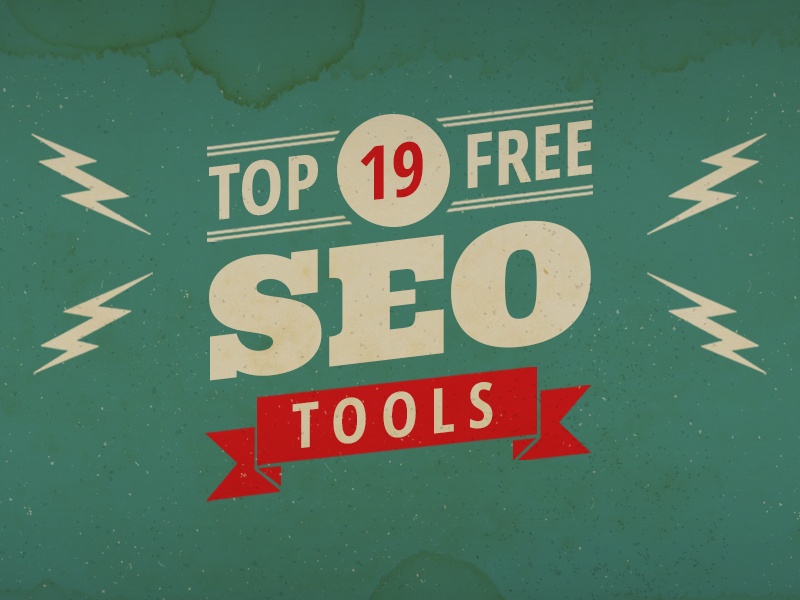

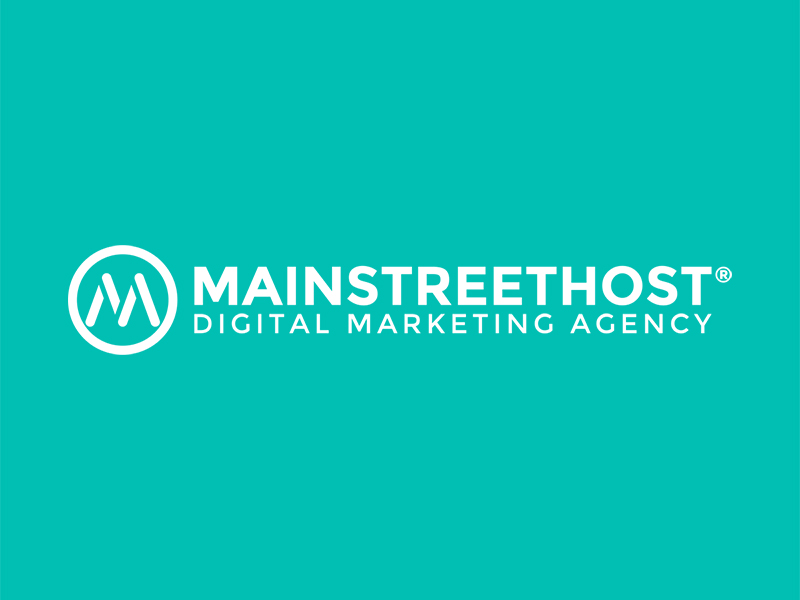
I think not SEO is dead because without seo you are not promoting your website and get good ranking. So very need to seo for promoting your business online……..
I think youve made some truly interesting points. Not too many people would actually think about this the way you just did. Im really impressed that theres so much about this subject thats been uncovered and you did it so well, with so much class. Good one you, man! Really great stuff here.